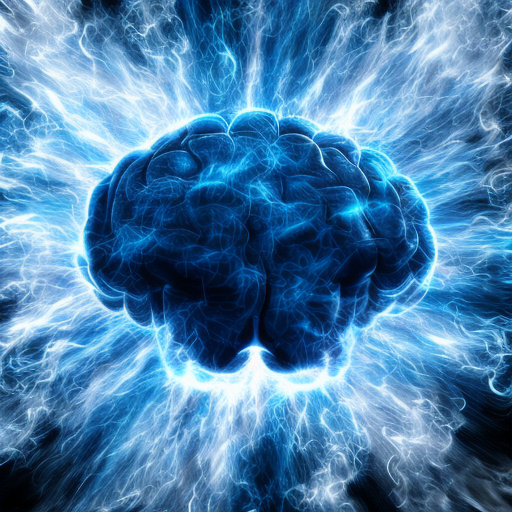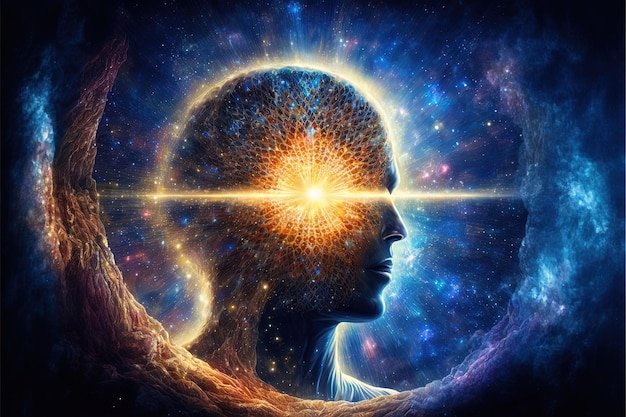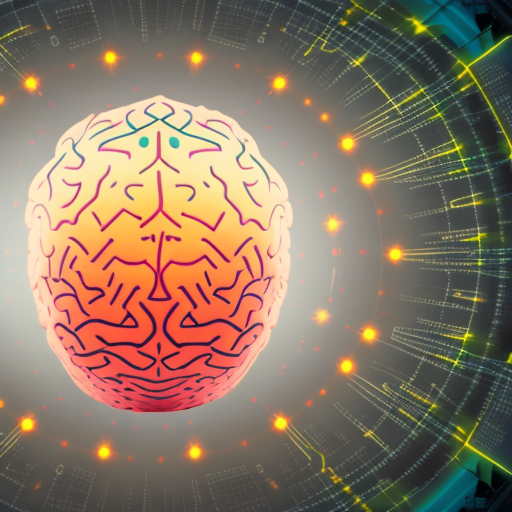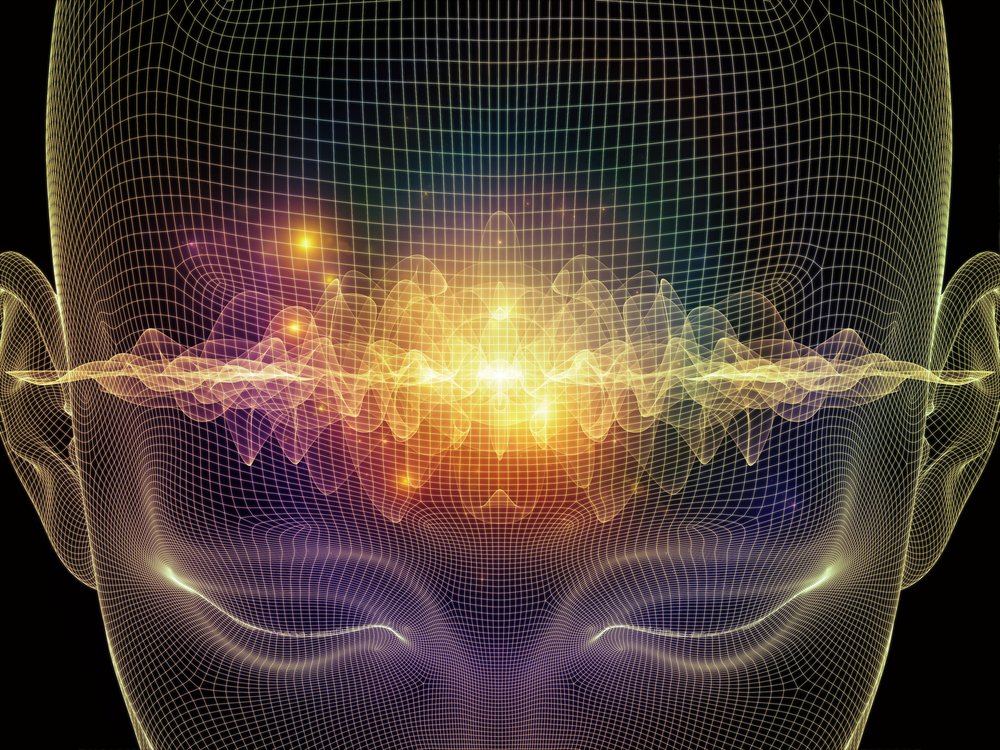
Blog about consciousness and non dualism
Exploring the Connection Between Quantum Consciousness and Non-Dual Reality
In recent years, the concept of quantum consciousness has become increasingly popular as more people have begun to explore the intersection between physics and spirituality. This fascinating area of study seeks to understand the relationship between the fundamental principles of quantum physics and human consciousness and the implications of this connection for our understanding of reality.
On the other hand, the non-dual reality is a philosophical and spiritual concept that posits no actual separation between the individual and the rest of existence. Instead, everything is interconnected and part of a singular, unified reality. Many spiritual traditions, such as Advaita Vedanta, Trika Shaivism in Hinduism, and Zen Buddhism, have long embraced this idea. Still, it is only in recent years that some scientists have begun to explore the possible connections between the two.
This article will delve deeper into the concepts of quantum consciousness and non-dual reality, examining their potential relationship and the implications of this connection for our understanding of the nature of existence. We will also discuss scientific research and ongoing debates surrounding this fascinating subject.
Understanding Quantum Physics and Consciousness
To explore the connection between quantum consciousness and non-dual reality, it is essential first to understand the basics of quantum physics and consciousness. Quantum physics is a branch of physics that deals with the behavior of matter and energy at microscopic scales, such as the level of atoms and subatomic particles. It is a field that has revolutionized our understanding of the physical world, revealing the existence of phenomena that defy our everyday experience of reality.
Consciousness, on the other hand, refers to the subjective experience of being aware of ourselves and our surroundings. Although there is still much debate among scientists and philosophers about the nature and origin of consciousness, many researchers agree that it is a complex emergent property of the brain and its interactions with the environment.
In recent decades, some scientists and philosophers have proposed that there may be a connection between quantum physics and consciousness, suggesting that the strange and counterintuitive principles of quantum mechanics play a role in the emergence of conscious experience.
The Concept of Non-Dual Reality
Non-dual reality is a philosophical and spiritual perspective that posits that all existence is interconnected and part of a unified whole. This idea is rooted in ancient Eastern spiritual traditions, such as Advaita Vedanta, Shaivism and Shaktism, and Zen Buddhism, which teach that the ultimate nature of reality is non-dual and that the apparent separation between the individual and the rest of the world is ultimately an illusion. The term "Advaita" (अद्वैत) is derived from the Sanskrit language, with 'a' signifying 'not' and 'dvaita' meaning 'dual'. Essentially, Advaita translates to "not two" or "one without a second." It is commonly interpreted as nondualism, nonduality, and "non-dual."
In recent years, non-dual reality has gained traction in Western spiritual circles. It has even begun to make its way into the scientific community. Some researchers have proposed that the principles of quantum physics, such as entanglement and the observer effect, may provide evidence for the interconnectedness of all things and support the idea of a non-dual reality.
Quantum Consciousness Theories and Models
There are several theories and models that seek to explain the connection between quantum physics and consciousness. One of the most well-known is the Orchestrated Objective Reduction (Orch-OR) theory, proposed by physicist Roger Penrose and anesthesiologist Stuart Hameroff. This theory suggests that consciousness arises from quantum processes within tiny structures known as microtubules, which are found within the brain's neurons.
Another prominent theory is the Integrated Information Theory (IIT), developed by neuroscientist Giulio Tononi. IIT posits that consciousness is a fundamental property of the universe and arises from integrating information within a physical system, such as the brain. According to this theory, the more integrated the information within a system, the higher its consciousness level.
Other models, such as the Quantum Mind hypothesis, propose that quantum processes occurring within the brain's neurons could give rise to the complex phenomena of consciousness. These models argue that quantum mechanics may play a crucial role in the encoding, storage, and retrieval of information within the brain and in the subjective experience of consciousness itself.
The Role of Observation in Quantum Mechanics
One of the fundamental principles of quantum mechanics that has intrigued researchers studying the connection between quantum consciousness and non-dual reality is the role of observation in the behavior of particles. The famous double-slit experiment showed that particles, such as electrons or photons, can behave as particles and waves. When not observed, they exist in a state of superposition, where they occupy multiple positions simultaneously. However, when measured or observed, the particles "collapse" into a definite state, taking on the properties of either a particle or a wave.
This phenomenon, known as wave-particle duality, has led some scientists to speculate that the act of observation or measurement may be intimately connected to the nature of reality itself. Some proponents of quantum consciousness argue that this link between observation and the behavior of particles suggests that consciousness may play a fundamental role in shaping the nature of reality.
Quantum Entanglement and Consciousness
Another intriguing aspect of quantum physics that has captured the attention of researchers studying the connection between quantum consciousness and non-dual reality is the phenomenon of quantum entanglement. Quantum entanglement occurs when two particles become so closely connected that their properties become interdependent, regardless of the distance between them. This means that if the state of one particle is changed, the other particle's state will change instantaneously, even if they are separated by vast distances.
The phenomenon of quantum entanglement has led some scientists to suggest that it may provide evidence for the non-dual nature of reality, as it demonstrates the interconnectedness of all things at the most fundamental level. Moreover, some proponents of quantum consciousness argue that entanglement could play a role in the emergence of conscious experience, as it may help to create the intricate networks of information processing that are thought to underlie consciousness.
The Relationship Between Quantum Consciousness and Non-Dual Reality
The potential connection between quantum consciousness and non-dual reality lies in the idea that the fundamental principles of quantum physics, such as entanglement and the observer effect, may provide evidence for the interconnectedness of all things and the non-dual nature of reality. Suppose consciousness is indeed rooted in quantum processes, as some theories and models suggest. In that case, our understanding of reality may be fundamentally shaped by the subjective experience of being aware.
Furthermore, if the principles of quantum physics support the idea of non-dual reality, this could have profound implications for our understanding of the nature of existence and our place within it. It could suggest that the apparent separation between the individual and the rest of the world is ultimately an illusion and that we are all part of a singular, unified reality, according to Advaita Vedanta.
Implications of Quantum Consciousness for Our Understanding of Reality
If the theories and models that propose a connection between quantum physics and consciousness are proven to be correct, it could have significant implications for our understanding of the nature of reality. It could suggest that consciousness is not merely a byproduct of complex neural processes but a fundamental aspect of the universe.
This would not only have profound implications for our understanding of the nature of consciousness and its role in shaping reality, but it could also support the idea of non-dual reality, providing further evidence for the interconnectedness of all things.
Furthermore, if the principles of quantum physics can indeed be shown to support the idea of non-dual reality, this could have far-reaching implications for our understanding of the nature of existence and the relationship between the individual and the rest of the world.
Scientific Research and Ongoing Debates in Quantum Consciousness
The study of quantum consciousness and its potential connection to non-dual reality is still in its infancy, and there is much ongoing research and debate within the scientific community. Some researchers are skeptical that quantum processes could play a role in the emergence of consciousness, arguing that the brain is simply too "warm and wet" for quantum phenomena to occur.
Others, however, are more optimistic about the potential connection between quantum physics and consciousness and are actively investigating the possibility that quantum processes could give rise to conscious experience.
As the field of quantum consciousness continues to grow and develop, we will likely see more research exploring the potential relationship between quantum physics, consciousness, and non-dual reality. This research could have significant implications not only for our understanding of the nature of reality but also for understanding the human mind and the nature of consciousness itself.
Evolution of consciousness is the central motive of terrestrial existence.
Conclusion: The Future of Quantum Consciousness and Non-Dual Reality Exploration
As our understanding of quantum physics and consciousness continues to evolve, we may uncover more evidence for the connection between these two seemingly disparate phenomena. This could have profound implications for our understanding of the nature of reality and the interconnectedness of all things, supporting the idea of a non-dual reality.
As researchers continue to explore the potential relationship between quantum consciousness and non-dual reality, we expect to see ongoing debate and discussion within the scientific community and further scientific research to shed light on this fascinating subject.
In the meantime, those interested in this study area need to remain open-minded and receptive to new ideas and findings, as our understanding of the nature of existence and the human mind constantly evolves. And as we continue to explore the connection between quantum consciousness and non-dual reality, we may find that our perceptions of reality and the nature of consciousness are transformed in ways that we could never have imagined.
Ultimately, the study of quantum consciousness and non-dual reality represents a fascinating intersection between science and spirituality. It explores some of the most fundamental questions about the nature of existence and our place within it. As we delve deeper into this area of study, we may uncover new insights and discoveries that challenge our current understanding of reality and lead us toward a deeper, more profound understanding of the universe and our place within it.
As we move forward, we must remain open-minded and receptive to new ideas and discoveries, recognizing that the truth about the nature of reality may be far stranger and more profound than we ever imagined. By embracing the mystery and wonder of the universe around us, we can continue to explore the connection between quantum consciousness and non-dual reality and unlock the secrets of the universe that lie hidden within.



Leave A Comments
Your email address will not be published. Required fields are marked *